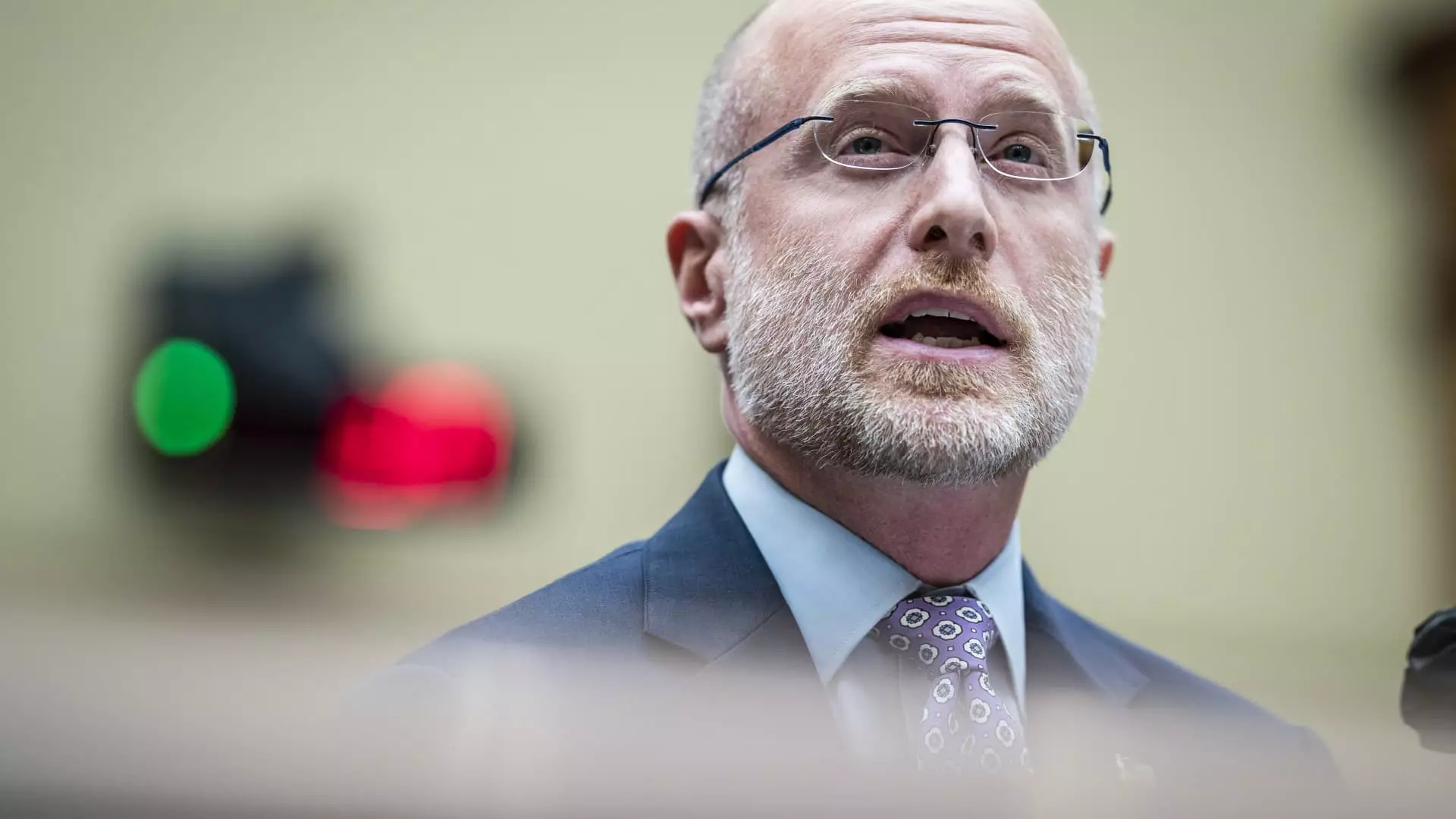With President-elect Donald Trump’s recent announcement regarding Brendan Carr’s appointment as the chairman of the Federal Communications Commission (FCC), significant shifts in telecom regulation are expected. Carr, currently the leading Republican at the FCC, has been vocal in his criticisms of the Biden administration’s policies, particularly addressing issues surrounding broadband subsidies and Big Tech’s influence on free speech. As the digital landscape evolves, Carr’s leadership could herald a transformative era for communication regulations in the United States.
Carr has emerged as a prominent figure advocating for free speech, a cause he claims is under threat from both major telecommunications organizations and tech giants like Meta and Google. His recent correspondence with these companies demanded accountability for what he viewed as censorship actions against American citizens. In his view, the FCC holds a crucial role in safeguarding the rights of individuals to express themselves freely in an increasingly digital world. This stance indicates a potential regulatory environment geared towards curbing perceived overreach by tech companies, which could lead to contentious debates over the role of the FCC in mediating private enterprise actions.
Trump’s administration has a history of challenging traditional telecom practices, as evidenced by his remarks about revoking FCC licenses for major broadcasting networks. Carr’s alignment with this viewpoint may lead to a more confrontational relationship between the FCC and mainstream media companies. This brazen approach raises questions about the balance of power in media regulation and the independence of the FCC. Unlike previous chairs who maintained a more neutral stance, Carr may embody a more aggressive strategy that shifts the Commission’s focus from regulatory oversight to ideological battles over broadcasting content.
One of Carr’s notable criticisms has been aimed at the Biden administration’s broadband subsidy initiatives, specifically regarding the nearly $900 million earmarked for Elon Musk’s SpaceX and its Starlink satellite internet project. This skepticism reflects a broader concern within Trump’s camp about government spending on technology initiatives. Carr’s perspective on these subsidies ties into a larger dialogue on how America invests in future infrastructure and whether the private sector or government should bear the responsibility for these developments. His positioning may steer future federal policies towards a more privatized approach to broadband expansion, potentially impacting rural and underserved communities adversely.
As Carr steps into this pivotal role, his decisions will undoubtedly influence the regulatory landscape for telecommunications. The incoming administration is prepared to nominate a Republican to ensure a balanced approach within the five-member FCC, which could alter the Commission’s dynamics significantly. Trump’s endorsement of Carr, branding him as a “warrior for Free Speech,” signals an aggressive pivot towards advocating for conservative media interests and scrutinizing established practices. However, the implications of these changes present both challenges and opportunities for future governance in an era characterized by rapid technological innovation and evolving public discourse.
Carr’s assumption of leadership at the FCC represents a critical point for communications policy in America, one that will require careful navigation of competing interests and a commitment to upholding the principles of speech and innovation amidst growing regulatory challenges.


Leave a Reply